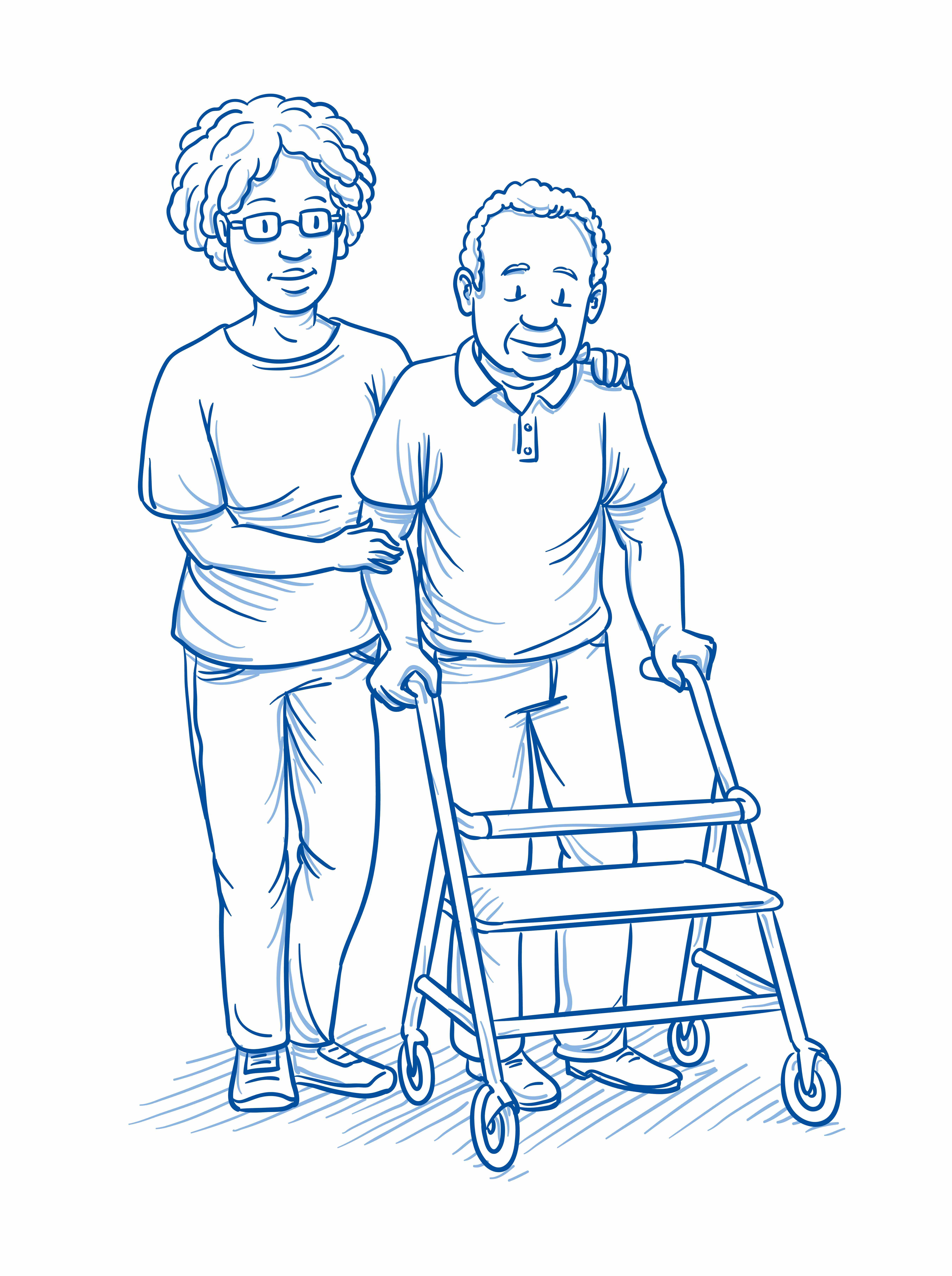Merging Clinical And Legal: How Home Health Providers Achieve Medical Appeals Success

For home-based care providers, medical appeals can be extremely costly.
When navigating the medical appeals process, home health clinical and legal teams must operate in lockstep in order to achieve successful results and avoid financial blowback, industry experts said on Tuesday during a presentation at the 2025 Alliance Financial Summit.
ROI should be the biggest determining factor when deciding to appeal, according to Bill Dombi, senior counsel for Arnall Golden Gregory law firm. He formerly served as the president of the National Alliance for Care at Home.
“There’s an example I gave of a $5,000 appeal, costing $20,000,” he said. “It’s not a made-up circumstance. The amount of time that a lawyer would be putting into this, and the cost of an expert witness, could easily exceed $20,000 on what might be a pretty simple matter.”
Despite the hefty costs that medical appeals can potentially rack up, sometimes figuring out the ROI can go beyond dollars and cents. For example, if a provider is going through the Medicare Targeted Probe and Educate (TPE) audit process.
“It can reach a point, and it doesn’t take long to get there, where the provider of services is told you continue to fail from TPE and we’re going to initiate a revocation of your Medicare billing privileges,” Dombi said. “We’re going to cut you off at the knees financially. When you have revocation of billing privileges, due process and your protection start to get diminished more and more and more, and likely you’re going to just die on the vine as a provider. Even these small matters need to be taken into consideration, whether you challenge an appeal and how you challenge the appeal.”
Once a provider has decided to pursue a medical appeal, the organization also needs to determine if its specific case warrants legal counsel. Not every case justifies hiring a lawyer or spending the money on a medical expert, Dombi noted.
“You can be very successful in handling appeals if you handle them internally within your organization, if you can take on the right cases and prepare correctly for the whole thing,” he said. “Many hospices and home health agencies have taken those on, but legal counsel can do a lot of things on these more complicated matters and more impactful matters.”
There are several appeals systems in home health, and each one includes multiple steps.
Providers seeking assistance with the direct handling of the appeal through all stages may want to retain the services of a lawyer.
Alternatively, supporting and developing an internal appeals process at a home health company is another role a lawyer can play. This means training people within the organization on how to handle these appeals. The lawyer can even create a “decision-making tree” that helps the company decide which cases warrant retaining legal counsel for the entire process, Dombi noted.
Lawyers can also help providers manage the technical aspects of the process, such as evidence submission.
“In years past, CMS was saying that the reversal rate, which was embarrassing to CMS, was mostly due to the fact that the providers were bringing in new records at the ALJ that the contractors never had a chance to see,” Dombi said. “The lawyers can help avoid those kinds of pitfalls.”
On the clinical side, providers should lean into direct patient knowledge and have strong documentation, according to Dombi.
Regarding documentation, providers need to be aware of high-risk triggers such as recertifications, therapy thresholds, PRN visits and long-term maintenance, according to Marcylle Combs, the owner of MAC Legacy.
Denton, Texas-based MAC Legacy is a home health and hospice coding and consulting company.
Providers should also have strong external support, Combs noted.
“I can’t emphasize enough at what point you need to call other experts,” she said during the presentation. “You need to call your state or national association. You need to know those people.”
Ultimately, providers should be trying to connect the legal and clinical capabilities to create a full picture of the patient profile and how this patient fits into the coverage standards for that particular payer.
“You have to be able to describe clearly that clinical picture to have them help support you, to tie testimony to whatever legal coverage standards there are and present that in a logical manner,” Combs said.
The post Merging Clinical And Legal: How Home Health Providers Achieve Medical Appeals Success appeared first on Home Health Care News.
Popular Products
-
 High Heel Toe Plug - Anti-Pain Cushio...
High Heel Toe Plug - Anti-Pain Cushio...$31.99$21.78 -
 Toeless Ankle Compression Socks for N...
Toeless Ankle Compression Socks for N...$24.99$16.78 -
 Back Posture Corrector Shoulder Brace...
Back Posture Corrector Shoulder Brace...$61.99$42.78 -
 Weight Lifting Wrist Wraps with Hooks...
Weight Lifting Wrist Wraps with Hooks...$10.99$6.78 -
 Orthopedic Shock Pads For Arch Support
Orthopedic Shock Pads For Arch Support$71.56$35.78